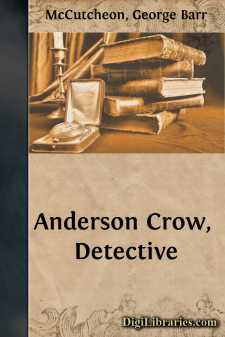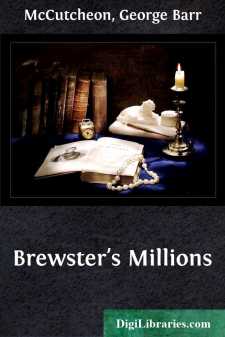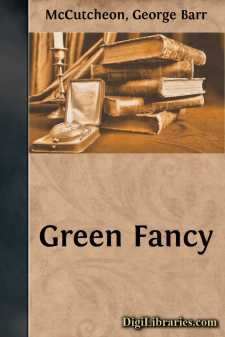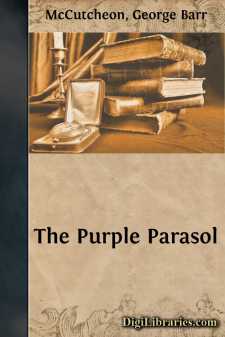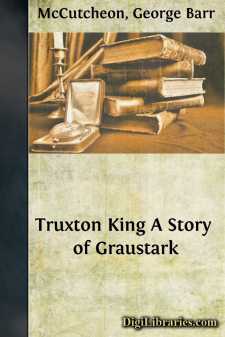Categories
- Antiques & Collectibles 13
- Architecture 36
- Art 48
- Bibles 22
- Biography & Autobiography 816
- Body, Mind & Spirit 145
- Business & Economics 28
- Children's Books 18
- Children's Fiction 14
- Computers 4
- Cooking 94
- Crafts & Hobbies 4
- Drama 346
- Education 58
- Family & Relationships 59
- Fiction 11831
- Foreign Language Study 3
- Games 19
- Gardening 17
- Health & Fitness 34
- History 1378
- House & Home 1
- Humor 147
- Juvenile Fiction 1873
- Juvenile Nonfiction 202
- Language Arts & Disciplines 89
- Law 16
- Literary Collections 686
- Literary Criticism 179
- Mathematics 13
- Medical 41
- Music 40
- Nature 179
- Non-Classifiable 1768
- Performing Arts 7
- Periodicals 1453
- Philosophy 66
- Photography 2
- Poetry 897
- Political Science 203
- Psychology 45
- Reference 154
- Religion 516
- Science 126
- Self-Help 86
- Social Science 82
- Sports & Recreation 34
- Study Aids 3
- Technology & Engineering 59
- Transportation 23
- Travel 463
- True Crime 29
Our website is made possible by displaying online advertisements to our visitors.
Please consider supporting us by disabling your ad blocker.
Anderson Crow, Detective
Categories:
Description:
Excerpt
Two events of great importance took place in Tinkletown on the night of May 6, 1918. The first, occurring at half-past ten o'clock, was of sufficient consequence to rouse the entire population out of bed—thereby creating a situation, almost unique, which allowed every one in town to participate in all the thrills of the second. When the history of Tinkletown is written,—and it is said to be well under way at the hands of that estimable authoress, Miss Sue Becker, some fifty years a resident of the town and the great-granddaughter of one of its founders,—when this history is written, the night of May 6, 1918, will assert itself with something of the same insistence that causes the world to refresh its memory occasionally by looking into the encyclopedia to determine the exact date of the Fall of the Bastile. The fire-bell atop the town hall heralded the first event, and two small boys gave notice of the second.
Smock's grain-elevator, on the outskirts of the town, was in flames, and with a high wind blowing from the west, the Congregational and Baptist churches, the high school, Pratt's photograph gallery and the two motion-picture houses were threatened with destruction. As Anderson Crow, now deputy marshal of the town, declared the instant he arrived at the scene of the conflagration, nothing but the most heroic and indefatigable efforts on the part of the volunteer fire-department could save the town—only he put it in this way: "We'll have another Chicago fire here, sure as you're born, unless it rains or the wind changes mighty all-fired sudden; so we got to fight hard, boys."
Mr. Crow, also deputy superintendent of the fire-department, was late in getting to the engine-house back of the town hall—so late that the hand-engine and hose-reel, manned by volunteers who had waited as long as advisable, were belabouring the fire with water some time before he reached the engine-house. This irritated Mr. Crow considerably. He was out of breath when he got to the elevator, or some one would have heard from him. Another cause of annoyance was the fact that his rubber coat and helmet went with the hose-reel and were by this time adorning the person of an energetic fire-fighter who had no official right to them. After a diligent search Mr. Crow located his regalia and commanded the wearer, one Patrick Murphy, to hand 'em over at once. What Patrick Murphy, a recent arrival at Tinkletown, said in response to this demand was lost in the roar of the flames; so Anderson put his hand to his ear and shouted:
"What say?"
Patrick repeated his remark with great vigour, and Mr. Crow, apparently catching no more than the final word in the sentence, moved hastily away, but not before agreeing with Mr. Murphy that it was as hot as the place he mentioned.
Ed Higgins, the feed-store man, was in charge of the fire-fighters, who were industriously throwing a single stream of water from the fire-cistern into the vast and towering conflagration. It was like tossing a pint of water into the Atlantic Ocean.
"Got her under control?" roared Anderson, bristling up to Ed.
"Sure!" shouted Ed. "She's workin' beautiful. Just look at that stream. You—"
"I mean the fire," bellowed Anderson.
"Oh, I thought you meant the engine. I don't think we'll get the fire under contral till the derned warehouse is burned down. Gee whiz, Chief, where you been? We waited as long as we could for you, and then—"
"Don't blame me," was Anderson's answer. "I'd ha' been the first man at the engine-house if I hadn't waited nigh onto half an hour trying to get the chief of the fire-department out of bed and dressed. I argued—"
"What's the matter with you? Ain't you chief of the fire-department? Are you crazy or what?"
"Ain't you got any brains, Ed Higgins? My wife's been chief ever since she was elected marshal last month, an' you know it. That's what we get fer lettin' the women vote an' have a hand in the affairs of the nation....


